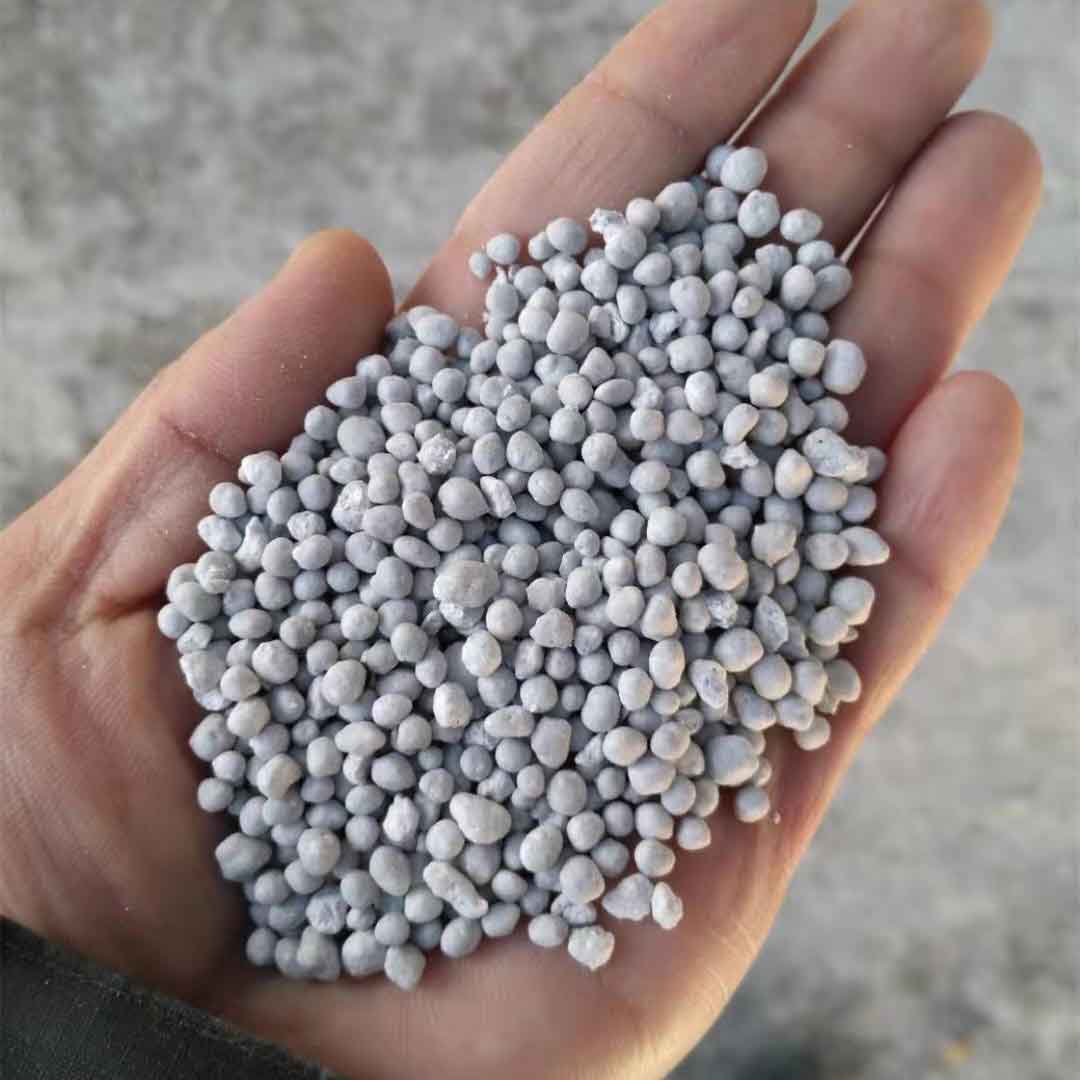
Nov . 19, 2024 03:52 Back to list
Buying Organic Alfalfa Fertilizer for a Healthy Garden and Sustainable Agriculture
Buying Alfalfa for Organic Fertilizer A Sustainable Choice for Your Garden
When it comes to nurturing gardens organically, choosing the right fertilizer is crucial. Among the myriad of options available, alfalfa has emerged as a popular choice for many gardeners seeking to enhance soil health and promote plant growth sustainably. This article delves into the reasons why purchasing alfalfa for use as organic fertilizer can be immensely beneficial, along with insights on how to effectively use it in your gardening practices.
What is Alfalfa?
Alfalfa (Medicago sativa) is a perennial legume known for its high protein content and ability to fix nitrogen in the soil. It has been widely used in agriculture, particularly as livestock feed, but its benefits as an organic fertilizer are gaining recognition. Alfalfa is rich in essential nutrients like nitrogen, phosphorus, potassium, calcium, and trace minerals, making it a powerhouse for enhancing soil fertility.
Benefits of Using Alfalfa as Organic Fertilizer
1. Nutrient-Rich Composition Alfalfa is known for its high level of nitrogen, which is vital for plant growth. The application of alfalfa can increase the availability of nitrogen and other crucial nutrients in the soil, leading to healthier and more productive plants.
2. Soil Health Improvement Alfalfa contains organic matter that improves soil structure and water retention. When decomposed, it enriches the soil with humus, thereby encouraging beneficial microbial activity and enhancing the overall fertility of the garden soil.
3. Natural Growth Hormones Alfalfa is a natural source of plant growth hormones, such as auxins and cytokinins. These hormones can encourage root growth, improve flowering, and increase fruit yield in various plants, making alfalfa a valuable addition to any organic gardening regimen.
4. Pest and Disease Resistance Some studies suggest that alfalfa can help plants build resistance to certain pests and diseases. By improving general plant vigor through nutrient enrichment, alfalfa may contribute to a garden’s natural resilience against these threats.
5. Eco-Friendly and Sustainable As an organic fertilizer, alfalfa is biodegradable and poses no risk of chemical runoff into nearby waterways. Using alfalfa aligns well with sustainable gardening practices, reducing reliance on synthetic fertilizers and promoting a healthier ecosystem.
buy alfalfa for fertilizer organic

How to Use Alfalfa in Your Garden
If you’re considering incorporating alfalfa into your organic gardening practices, here are some effective ways to use it
1. Alfalfa Meal This is the most common form of alfalfa used as fertilizer. You can mix alfalfa meal into the soil prior to planting or sprinkle it around established plants. Generally, applying around 0.5 to 1 pound per 100 square feet is recommended.
2. Alfalfa Pellets These can be used just like alfalfa meal, but they tend to break down more slowly. This can be beneficial if you desire a long-term nutrient release. Pellets can also be soaked in water to create a nutrient-rich compost tea.
3. Compost Addition Adding alfalfa to your compost pile is another effective way to enhance the nutrient profile of your compost. The high nitrogen content balances well with carbon-rich materials, promoting faster decomposition.
4. Incorporate as a Cover Crop Consider planting alfalfa as a cover crop during the off-season. This helps fix nitrogen in the soil while suppressing weeds and preventing erosion.
Where to Buy Alfalfa for Fertilizer
Alfalfa can often be found at agricultural supply stores, garden centers, or online retailers specializing in organic gardening products. Choosing organic alfalfa ensures that you are not introducing any synthetic chemicals into your garden. It's wise to compare prices, read product reviews, and ensure that the source adheres to organic farming standards.
Conclusion
In conclusion, buying alfalfa for organic fertilizer presents a sustainable and eco-friendly option for enhancing garden soil and promoting plant health. With its rich nutrient profile and beneficial properties, alfalfa can transform your gardening experience. By incorporating this natural resource into your gardening practices, you can cultivate a thriving, productive garden while supporting the principles of organic farming and environmental sustainability. Whether you are growing vegetables, herbs, or ornamental plants, alfalfa is undoubtedly a versatile ally in your quest for a flourishing garden.
-
Premium Organic Manure Compost for Eco Gardens
NewsAug.01,2025
-
Organic 10-10-10 Fertilizer | Balanced Plant Nutrients
NewsJul.31,2025
-
Premium Amino Acid Fertilizer | Rapid Plant Growth Booster
NewsJul.31,2025
-
10 10 10 Fertilizer Organic—Balanced NPK for All Plants
NewsJul.30,2025
-
Premium 10 10 10 Fertilizer Organic for Balanced Plant Growth
NewsJul.29,2025
-
Premium 10 10 10 Fertilizer Organic for Balanced Plant Growth
NewsJul.29,2025
